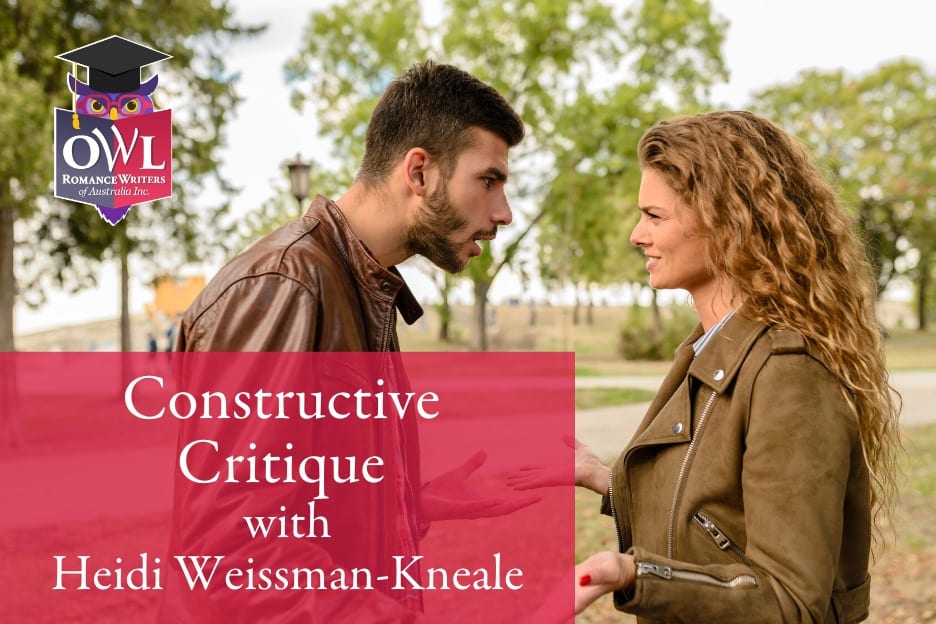Critiquing or beta-reading the work of others is a marvellous way of helping one another become better authors. But how do you know if you’re giving the best feedback you can?
One of the best tools an author has for improving a particular manuscript is the eyes of a critiquer.
Whether you’re a beta-reader, a critter or even a judge, knowing how to critically read a manuscript is a valuable skill, one much appreciated when done correctly.
A critiquer is a second pair of eyes. It’s your job to come to the story fresh and see what works and what needs improving. As a reader, you know what works for you. A critiquer takes this a step further, through analysis and figuring out why.
It isn’t just about catching mistakes. A critiquer also points out what’s working. Sometimes an author might not realise they’re doing something right. To have a good thing pointed out and acknowledged can be just as powerful as the revelation of mistakes.
Can you be the kind of critiquer an author treasures?
In my OWL “Constructive Critique”, I show you an updated variation of the Milford Method of story critique to analyse a piece of work from a reader’s point of view.
This is a hands-on course. You’ll learn how to weigh up the success of elements like Setting, Character Development, Plot and more. You’ll learn how to make your opinion more valuable to an author, to give them a chance to improve their work. Telling someone their chapter sucks doesn’t help them. Telling them the characterisation of the main character is inconsistent in this chapter because… will benefit them better.
The first week we’ll have fun critiquing a well-known scene from a published work (“A man of good fortune… must be in want of a wife.”). We’ll see what elements are present, what elements could be improved on, and how to present that in a useful manner.
The rest of the class weeks we’ll critique chapters from each other’s works-in-progress in a workshop-style environment. Plus, I’ll offer a mini-manual of the Milford Method, including crit checklists for more effective critique.
You don’t need to be a master of the craft to be a good critiquer. As a reader with an opinion, you’re ready to take your skills to the next level.
Constructive Critique with Heidi Wessman Kneale
RWA Course Dates: 6 April to 1 May 2020
Cost: RWA Member—$55. Non-RWA Member—$88.
Venue: Online – RWA Moodle Platform
For more info and bookings https://www.trybooking.com/BHFVE

About the presenter
I studied Creative Writing classes at the University of Utah as part of my Bachelor of Arts. After that, I served several years of my writing journey in the SFF Online Writing Workshop. Both places used a variation of the Milford Method of story critique to assess a story or chapters of a novel. I’ve been critiquing stories for decades.

